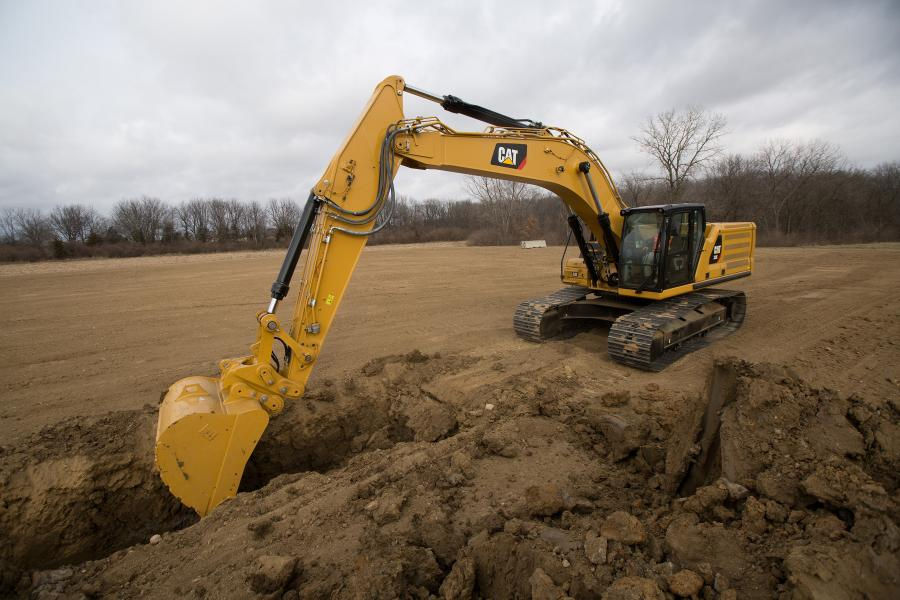Concrete Driveways vs. Asphalt Driveways: Pros and Cons
- Tony Orth
- Mar 10, 2024
- 2 min read
Updated: Jun 16, 2024

When it comes to choosing the right material for your driveway, two popular options stand out: concrete and asphalt. Both materials have their own set of advantages and drawbacks, making it essential to weigh the pros and cons before making a decision. Let's delve into the key differences between concrete and asphalt driveways:
Concrete Driveways:
Pros:
1. Durability: Concrete driveways are known for their durability and longevity, with an average lifespan of 30 to 40 years when properly maintained. They can withstand heavy vehicles and fluctuating weather conditions.
2. Aesthetic Appeal: Concrete driveways offer a clean, modern look that can enhance curb appeal. They are available in various colors, textures, and patterns, allowing for customization to complement the home's exterior.
3. Low Maintenance: Concrete driveways require minimal maintenance, such as regular cleaning and sealing every few years, to preserve their appearance and structural integrity.
Cons:
1. Initial Cost: Concrete driveways tend to have a higher upfront cost compared to asphalt. The cost can vary based on factors such as size, design complexity, and local labor rates.
2. Cracking: While concrete is durable, it is prone to cracking over time, especially in areas with freeze-thaw cycles or heavy loads. Proper installation, reinforcement, and maintenance can mitigate this issue.
3. Curing Time: Concrete driveways require a curing time of several days to a week before they can bear vehicle traffic. This may inconvenience homeowners during the installation process.
Asphalt Driveways:
Pros:
1. Cost-Effectiveness: Asphalt driveways are generally more affordable than concrete upfront, making them a budget-friendly option for homeowners.
2. Flexibility: Asphalt is a flexible material that can adapt to changes in temperature and ground movement, reducing the likelihood of cracking and heaving.
3. Quick Installation: Asphalt driveways can be installed relatively quickly, typically within a day or two, allowing for minimal disruption to daily activities.
Cons:
1. Maintenance: Asphalt driveways require regular maintenance, including sealcoating every few years and occasional repairs to address cracks, potholes, and surface deterioration.
2. Lifespan: While asphalt driveways can last around 20 to 30 years with proper maintenance, they have a shorter lifespan compared to concrete driveways.
3. Aesthetic Limitations: Asphalt driveways have a traditional black appearance, limiting customization options in terms of color and design.
Conclusion:
In summary, both concrete and asphalt driveways offer unique benefits and considerations. Concrete driveways are durable, customizable, and low maintenance but come with a higher initial cost and potential for cracking. On the other hand, asphalt driveways are cost-effective, flexible, and quick to install but require regular maintenance and have a shorter lifespan.
The choice between concrete and asphalt ultimately depends on factors such as budget, aesthetic preferences, durability requirements, and maintenance expectations. Consulting with a reputable paving contractor can provide personalized recommendations and ensure a successful driveway installation tailored to your needs.



Comments